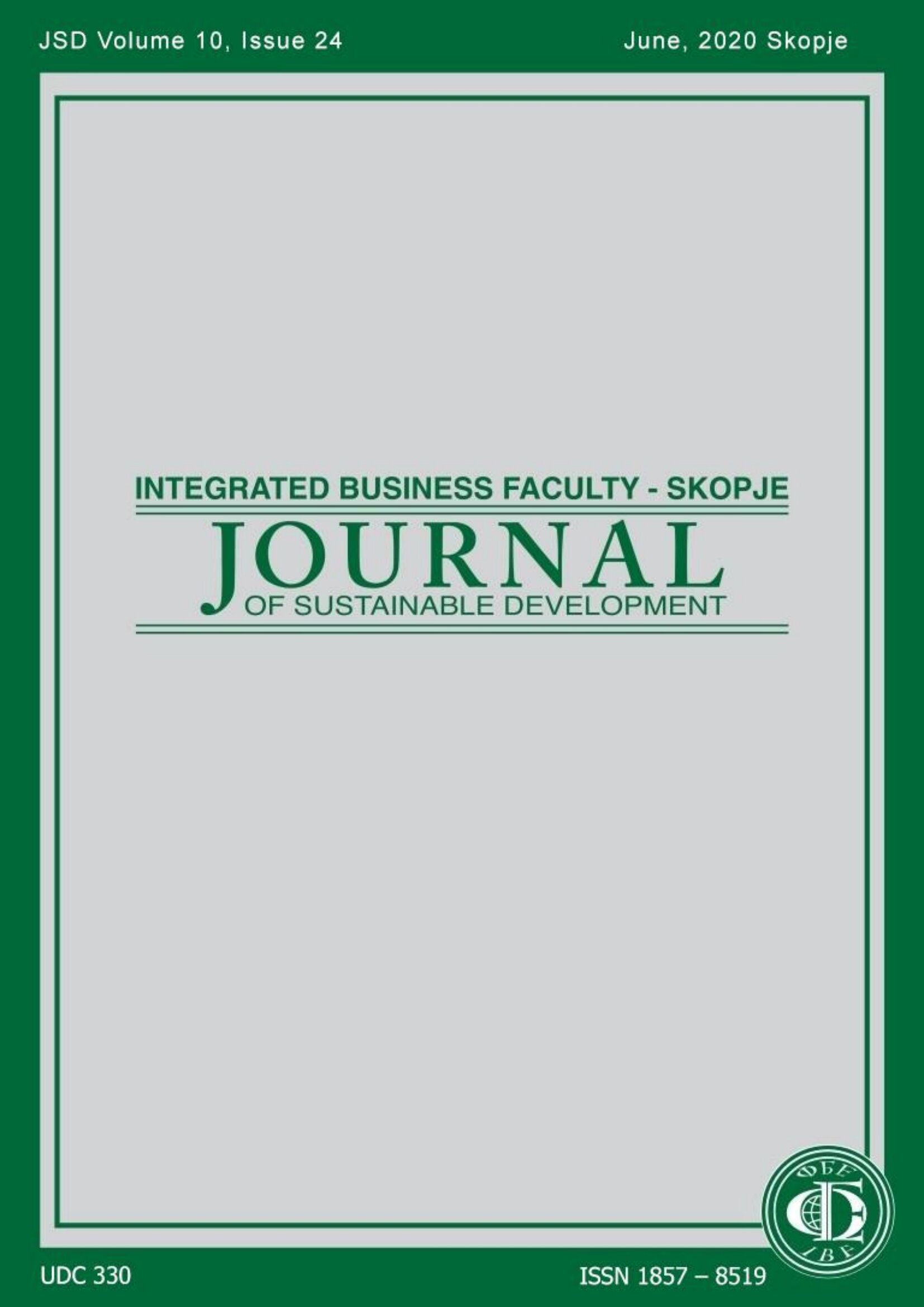ZONES OF ACTIVISM AND SUSTAINABLE CONSUMPTION – INSIGHTS FROM BULGARIA, ROMANIA AND SERBIA
ZONES OF ACTIVISM AND SUSTAINABLE CONSUMPTION – INSIGHTS FROM BULGARIA, ROMANIA AND SERBIA
Author(s): Vanya Kraleva, Svilen IVANOV, Radenko MarićSubject(s): Economy, Marketing / Advertising
Published by: Факултет за Бизнис Економија
Keywords: Sustainable Behaviour; Drivers of Sustainability; Activism; Sustainable Consumption; Qualitative Methods
Summary/Abstract: With the COVID-19 outbreak the world was faced with undeniable evidence of the impact that human activity has on Earth. Only a few months of quarantine wereenough for the air in traditionally polluted cities to get cleaner. Inevitably it changesthe perception of sustainable human behaviour. Although the main study in this paperwas conducted before the outbreak of the COVID-19 pandemic, its main purpose isdirectly related to this process of awareness wakening accelerated by social isolation.The importance of the role played by individuals for the protection of the environmentand for sustainable development is obvious with regard to the results achieved bysimply restricting consumption. And while currently no one can say whether and towhat extent these trends will be kept in the long-term, it is important to study the waysin which individuals perceive this role, because it shapes their conscious behaviourand actions.The purpose of this paper is to examine the areas of activism and sustainablebehaviour of individuals, determined by the motives of this behaviour. In order toachieve this main goal, there were conducted in-depth interviews with respondentsfrom Bulgaria, Serbia and Romania. The respondents from the three countries includedin the study cover six main profiles of consumers with sustainable behaviour. A debateon the ego- and eco-centricity of the motives for sustainable action is presented. Theresults from the analysis of the collected qualitative data show that recycling is definedas the most important marker of the contribution of individuals to achievingsustainability, as opposed to the consumption of organic and eco-products, the reuseof goods and the reduction of energy consumption by households.
Journal: Journal of Sustainable Development
- Issue Year: 10/2020
- Issue No: 24
- Page Range: 66-78
- Page Count: 13
- Language: English

